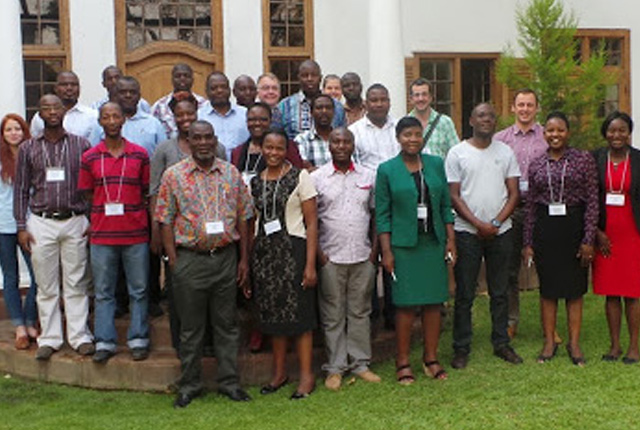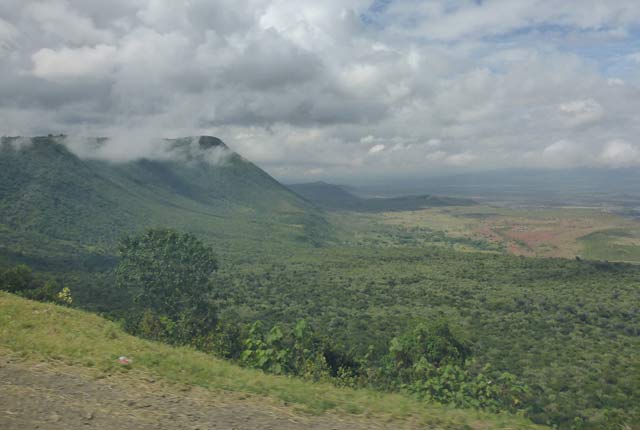The United Nations estimates that one in four people in sub-Saharan Africa are undernourished. Even when individuals take in sufficient daily calories they may still suffer from insufficient essential micronutrients, including elements such as zinc, iron, iodine, calcium and selenium, which is known as ‘hidden hunger’. A lack of sufficient micronutrients can result in widespread health effects, including cognitive dysfunction, growth retardation, increased mortality and disease.
Soil type and soil geochemical processes may determine spatial variation in crop-mineral distribution, which is recognised as making an important contribution to the dietary supply of micronutrients. Data gaps and technical and analytical capacity constraints mean that understanding and integrating such processes at multiple scales for agricultural and health purposes has not yet been achieved in sub-Saharan Africa.
Funded by the Royal Society and the UK Department for International Development (DfID) as part of their Africa Capacity Building Initiative, the BGS is working with project partners in Malawi, the UK, Zambia and Zimbabwe. The team aims to increase knowledge and strengthen capacity in soil geochemistry in Malawi, Zambia and Zimbabwe, focusing on doctoral training and laboratory capacity building.

Royal Society and Department for International Development networking and training event in Harare, Zimbabwe. BGS © UKRI.
The research team aims to provide evidence that can help inform agriculture and public-health policy development and implementation. For example, collaborators from the BGS and the Copperbelt University (CBU) recently visited the Copperbelt province of Zambia. This trip identified plots of land for experimental trials to investigate the influence of soil-management strategies on the uptake of metals such as chromium, lead, copper and zinc, which are deposited through dust onto agricultural soils from nearby mine tailings. Examples of soil-management strategies include organic incorporation, liming and low tillage (conservation agriculture). This research builds on existing collaboration, expertise and previous doctoral research.
Sustainable Developments Goals (SDGs)
This project helps to directly address SDG2 (zero hunger) and SDG3 (good health and wellbeing). Through the wider development impact, it will also help to address:
- no poverty (SDG1)
- quality education (SDG4)
- gender equality (SDG5)
- reduced inequalities (SDG10)
- life on land (SDG15)
The approach used is coherent with the aims of SDG17 to enhance north–south, south–south and triangular regional and international cooperation on and access to science, technology and innovation (target 17.6).
You may also be interested in

Integrated resource management in Eastern Africa
Our current activities build on the BGS’s extensive research experience in this region, contributing to welfare and future economic growth by the responsible use of natural resources.


